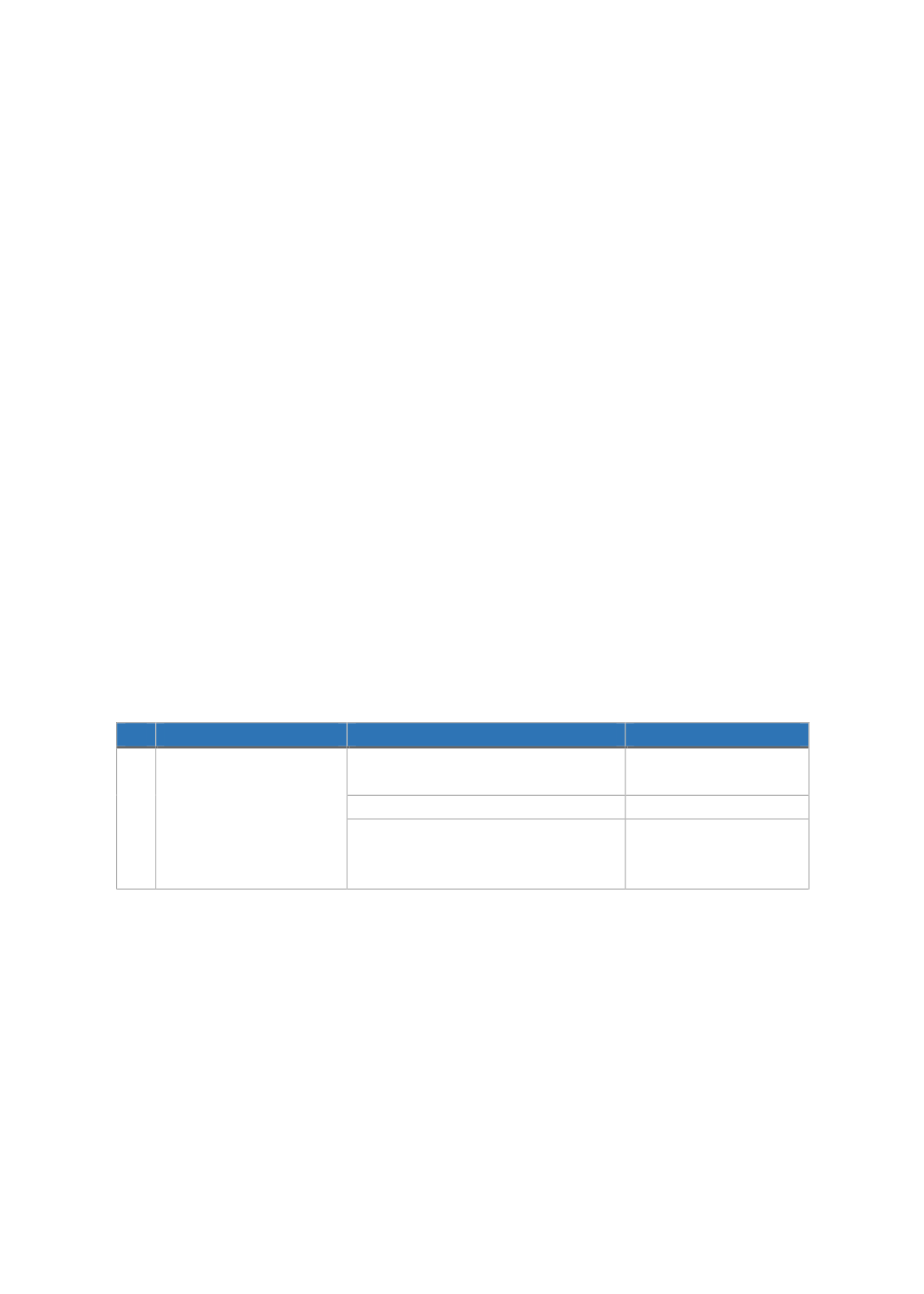

146
CHAPTER 7: POLICY RECOMMENDATIONS
This chapter provides policy recommendations on
Takaful
industries in the four countries,
namely the UK, Turkey, Malaysia and Saudi Arabia, selected for this study. Twenty policy
recommendations are proposed based on the data obtained from the review of extant literature,
country case studies, content analysis of published documents and questionnaire survey
administered to
Takaful
industry players, regulators,
Shari'ah
scholars and academicians; and
the data were also sourced from interviews conductedwith 12 experts. These recommendations
are presented for the following five areas: 1) legal and regulatory framework, 2)
Shari'ah
, 3)
product and services, 4) talent development, and 5)
Takaful
business sustainability.
8.1. Legal and Regulatory Framework
The enactment of new regulations in many countries provides clear recognition to the Islamic
financial system and greater clarity on the regulatory and legislative framework for Islamic
finance, which includes recognizing the specificities of
Takaful
in last few years. However,
regulations for the
Takaful
industry are at the very beginning of a long way to go. It can be said
that regulatory framework for the
Takaful
industry is quite limited compared to the other
finance and Islamic finance fields. Comprehensive regulations and government support are
highly demanded by the
Takaful
industry mostly for operating, transparency, and governance
issues which can increase viability and the competitiveness of the sector. Regulatory and
governance are almost always on the agenda and the need is increasing (COMCEC, 2016).
T
ABLE
22: L
EGAL AND
R
EGULATORY
F
RAMEWORK
I
SSUES AND
P
OLICY
R
ECOMMENDATIONS
No
Issues
Policy Recommendation
Country Affected
1
1.1. Absence of a
comprehensive
Takaful
legal and
regulatory
framework
Developing the
Takaful
Act
UK, Turkey and Saudi
Arabia
Developing specific
Takaful
laws
Malaysia
Standardization of financial
accounting and reporting, and tax
laws related to
Takaful
Applies to all the four
countries
Source: Authors
Through regulations, the institutionalization of the
Shari'ah
committees both in country level
and TO level as the apex authority or main management function serves to provide legal and
contractual certainty for Islamic finance transactions. Some of the
Takaful
operating countries
have
Shari'ah
governance framework even needs further regulatory actions and improvements.
However, there is a need in many untapped economies for it. Furthermore, there is a need for
enhancing the proficiency of committee members through training programs.
Through international standards, TOs are guided in their application of the
Shari'ah
concepts in
product development and innovation. Furthermore, the regulatory requirements such as
















